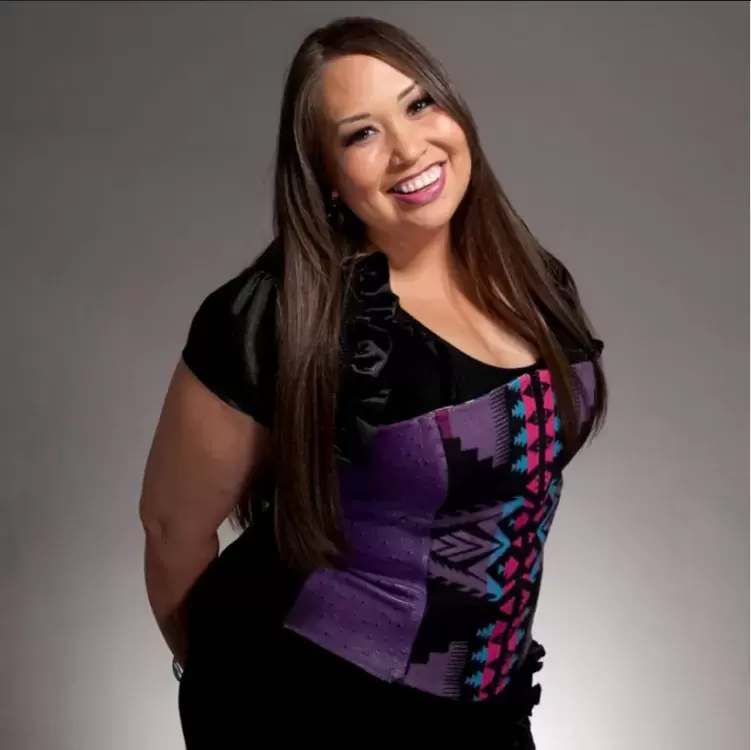First Nations youth from all across Vancouver Island have something big to look forward to this month. The Tla-o-qui-aht First Nation is hosting a youth conference called Balancing Our Minds and Spirits, and they’ve invited youth from neighbouring communities to join in. The conference runs Feb. 23 and 24, with the focus on mental health and well-being from a positive angle.
“It was supposed to be called Suicide Prevention, but we want to reword it. In our tradition, we’re not supposed to dwell on the negative,” said Margaret Tom, a youth worker with Tla-o-qui-aht.
“We shouldn’t be talking about suicide prevention,” she said. “We should be saying more like ‘awareness.’ We’re treating it as self-esteem and personal safety.”
Last year, some of the island First Nations, like Ahousaht and Tla-o-qui-aht, were affected deeply by multiple youth suicides, according to Tom. And the communities are still feeling the pain from this. Giving youth the tools to create good health for themselves—rather than focusing just on what they shouldn’t do—may help them move past grief they might be carrying. And it will help them with other sources of grief, too, Tom said.
One major sponsor is a group called Balancing Our Minds—hence the name of the conference - which put on a variety of well-being based youth summits across B.C. last year. They are part of a partnership between Canucks For Kids, and the B.C. Children’s Hospital. Other sponsors include the Clayoquot Biosphere Trust, Long Beach LAT, and the Tin-Wis Best Western, where the event will be held. And there will be health and social services available on-site, too.
“For support we’ll have Vancouver Island University, and the First Nations Health authority,” said Tom. “We’ll also have Elder Barney Williams sitting in for the two days. And Service Canada wanted to be there to help fill out applications for social insurance numbers.”
“And the Nuu-Chah-Nulth Tribal Council,” she added. “We asked them to do a talk with Anita Charles, and to offer brushings, and a traditional opening and traditional closing—meaning to come in, in a good way, and go home in a good way. And be safe.”
According to Tom, the idea for the conference, and the workshop themes, came about from doing surveys with the youth of Tla-o-qui-aht. They were asked what kinds of activities they would like to participate in, and what issues they’d been struggling with lately. They responded by saying they wanted to do cultural exchanges. But they dreamed of it being a bit too far away for Tom’s comfort -both Hawaii and New Zealand were on their list, she said. While Tom loved the idea, she thought it might be good to start with the exchange being more local.
As for the issues her youth felt were important, bullying came back as the number one problem they’d been experiencing.
“Bullying is a really big one… and if it’s not physically bullying on a bus or on a boat, you get it a lot on social media—Facebook, Twitter, Snapchat,” she said. “And second would be recreation… more recreation. So, we’re letting them know the resources we have in our community.”
Also in-house during the conference will be musicians Dani and Lizzy. They will perform, as well as run a workshop helping youth write their own songs. Suzette Amaya—actress, singer, dancer, and past reality TV star of Big Brother Canada, and Back In The Day: On The Mighty Fraser—will also be there as a workshop facilitator. Amaya has run workshops around the Lower Mainland on self-esteem and empowerment for youth. She looks forward to helping Tla-o-qui-aht youth and their guests as well.
“I also focus on working on promotion of life, with things like suicide prevention… Helping young people build their confidence, and helping them find their healthy balance,” said Amaya, referring to the positive framework of the conference theme.
“We really want to share a message of self-love in a healthy way so that they understand that amongst their people and their family and friends they are very precious,” she said.
Amaya has a powerful story of healing, of her own. She is of Kwakwak wakw, Cree, Nisga and Coast Salish ancestry, but she was raised in the Downtown Eastside of Vancouver—notorious for its high rates of poverty and addictions.
Amaya’s father died when she was a small child, and her mother—a residential school survivor - struggled with addictions. This led to Amaya’s lack of personal safety in her own life, and she was sexually abused for many years. After struggling with shame, pain and guilt—which survivors of abuse often do—she eventually found healing. And she’ll share her inspirational journey while in Tla-o-qui-aht territory this month.
“I had so much self-hate and shame. I had to slowly commit to just living daily and trying to just be happy. So, my message is just really being able to overcome those adversities, and being able to live positive,” she said.
For more information contact Margaret Tom via email: youth@tla-o-qui-aht.org or phone: 250.725.3350.







